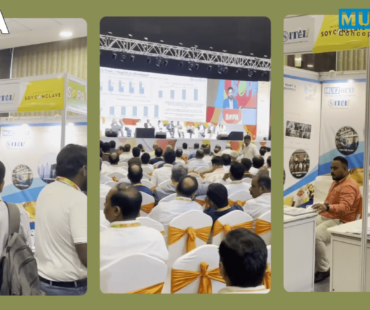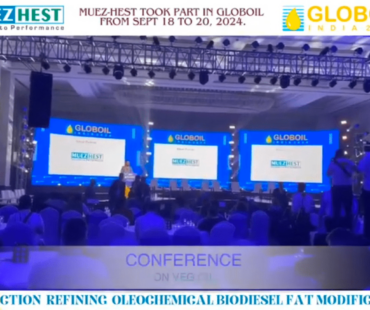What is Alkali Refining
Alkali refining, also known simply as chemical refining of oil, is a key method used in the purification of vegetable oils and fats. It’s employed to enhance the quality of oils by removing impurities, specifically the FFA, phospholipids and undesirable components.
In alkali refining, the crude oil undergoes treatment with an alkali solution, such as sodium hydroxide (NaOH). This alkali reacts with free fatty acids, phospholipids, and other impurities present in the oil, forming water-soluble compounds like soaps. These compounds are then separated from the oil, resulting in a purified product.
The process involves several steps, including degumming, neutralization, washing, drying, bleaching (if necessary), and deodorization (if necessary). Each step contributes to the removal of specific impurities, resulting in a cleaner, higher-quality oil suitable for various applications.
Process of Alkali Refining
This method effectively eliminates impurities and undesirable components from crude oils, thereby enhancing their overall quality for diverse applications.
The process of alkali refining involves a series of carefully orchestrated steps to ensure thorough purification:
-
Step 1
Degumming (Optional)
Initially, the crude oil undergoes degumming, where water is introduced to induce the hydration and subsequent precipitation of hydratable phospholipids and other gum-like substances present in the oil. These impurities are then separated from the oil through centrifugation or filtration.
-
Step 2
Gum Conditioning
After water degumming phosphoric acid is dosed with proportion to non-hydratable phospholipids and subsequent retention to convert the NHP to the Hydratable phospholipids and they are further removed in the neutralization and washing stage.
-
Step 3
Neutralization
Following Gum Conditioning, the oil is subjected to neutralization. In this stage, an alkali solution, typically comprising sodium hydroxide (NaOH), is added to the oil. This alkali reacts with free fatty acids and acidic impurities, forming water-soluble compounds, such as soap. These compounds can then be easily separated from the oil.
-
Step 4
Washing
After neutralization, the oil is washed with water to remove residual impurities, including any remaining soap formed during the neutralization process. This washing step aids in further purifying the oil and ensuring its cleanliness.
-
Step 5
Drying
Subsequently, the washed oil is dried to eliminate any remaining moisture. This drying process is crucial for enhancing the stability and quality of the refined oil.
Depending on the desired final product specifications, the oil is then refined and may undergo a bleaching and deodorization step.
In essence, alkali refining is a meticulously orchestrated process aimed at purifying crude oils through a sequence of degumming, neutralization, washing, drying, and optional bleaching and deodorization steps. This process ensures the production of high-quality vegetable oils and fats suitable for various culinary, industrial, and commercial applications.
Advantages of Alkali Refining provided by Muez Hest
- Effective Removal of Free Fatty Acids
- Enhanced Oil Stability
- Extended Equipment Life
- Increased Oil Yield
- Improved Oil Color and Appearance
Get A Quote to discuss
your manufacturing requirements

Global Installation
Global Installation
Strategies to ensure proactive domination. At the end of the day,User generated content in real-time will have multiple touchpoints for offshoring.
-
0
Project completed
-
0
Satisfied client
-
0
Year of experience
-
0
Qualified specialist
Our Clients
We worked with royal clients

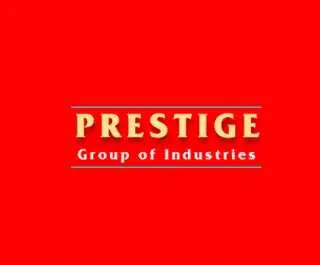
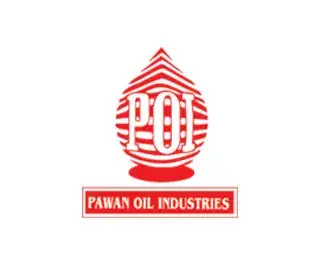

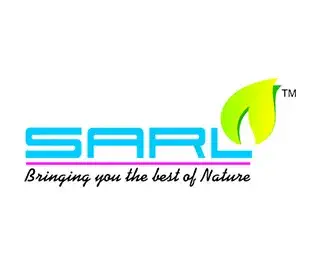

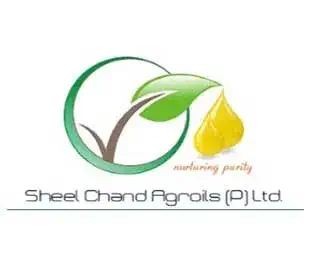
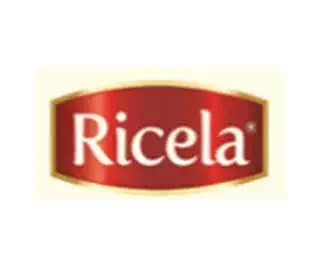
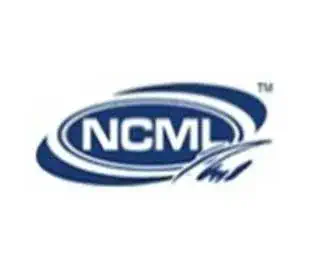
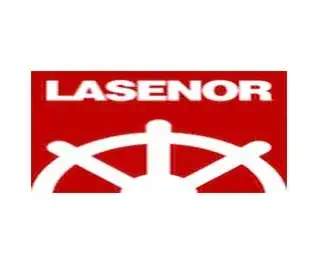
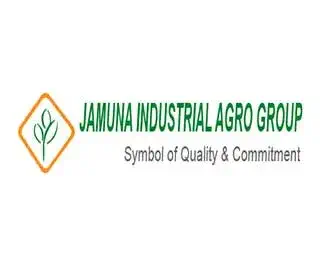
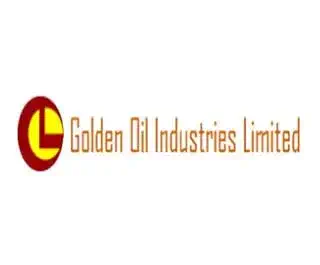




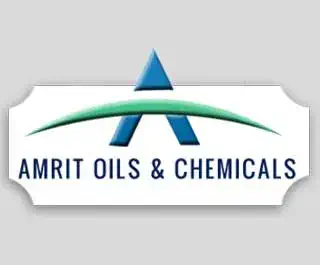
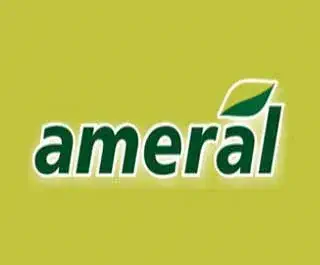
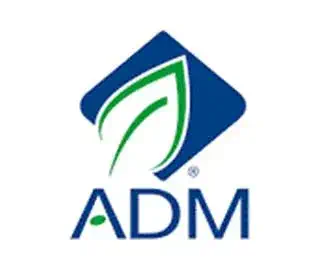
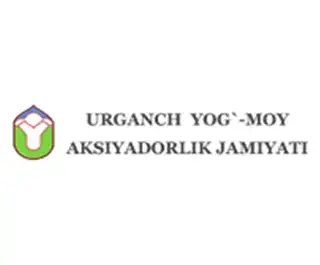
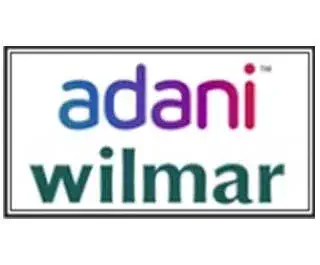
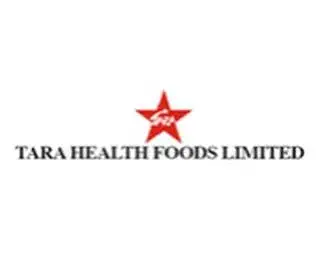
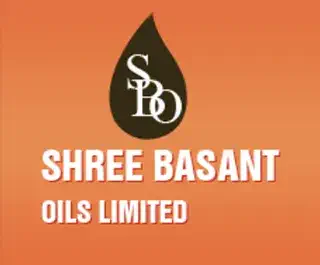
our blogs
Recent News & Articles
March 15, 2025
MuezHest Sponsoring FOIC 2025 in Mumbai
October 20, 2024
Highlights from SOPA Soyconclave 2024
faq
Frequently Asked Questions
Discover some of the most asked questions regarding Alkali Refining / Washing / Drying.
What types of oils can be processed in an oil manufacturing plant?
Oil manufacturing plants can process various types of oils including vegetable oils (like palm oil, soybean oil), seed oils (like sunflower oil, sesame oil), and specialty oils (like essential oils).
How can environmental impact be minimized in oil manufacturing plants?
Environmental impact can be reduced through adopting sustainable practices like efficient energy use, waste management, and implementing eco-friendly refining processes.
How long does it take to set up an oil manufacturing plant?
Setting up a plant can vary widely based on scale and complexity but typically ranges from several months to a year, depending on customization and regulatory approvals.
How can the quality of oil produced in a manufacturing plant be ensured?
Quality assurance involves stringent testing protocols, adherence to industry standards (like ISO certifications), and maintaining consistent process parameters.
How does the size of an oil manufacturing plant impact its operations and efficiency?
Larger plants may benefit from economies of scale but require more extensive infrastructure and energy consumption, while smaller plants can offer flexibility and localized production.
How do I choose the right refinery plant manufacturer in India?
Factors to consider include experience in the industry, technological capabilities, project references, adherence to quality standards, and customer support capabilities.
Go To Top


